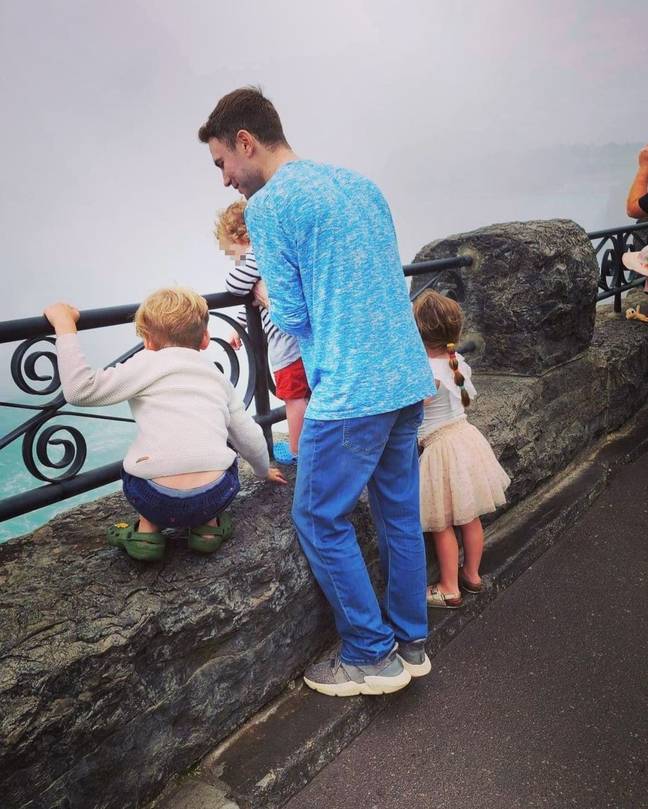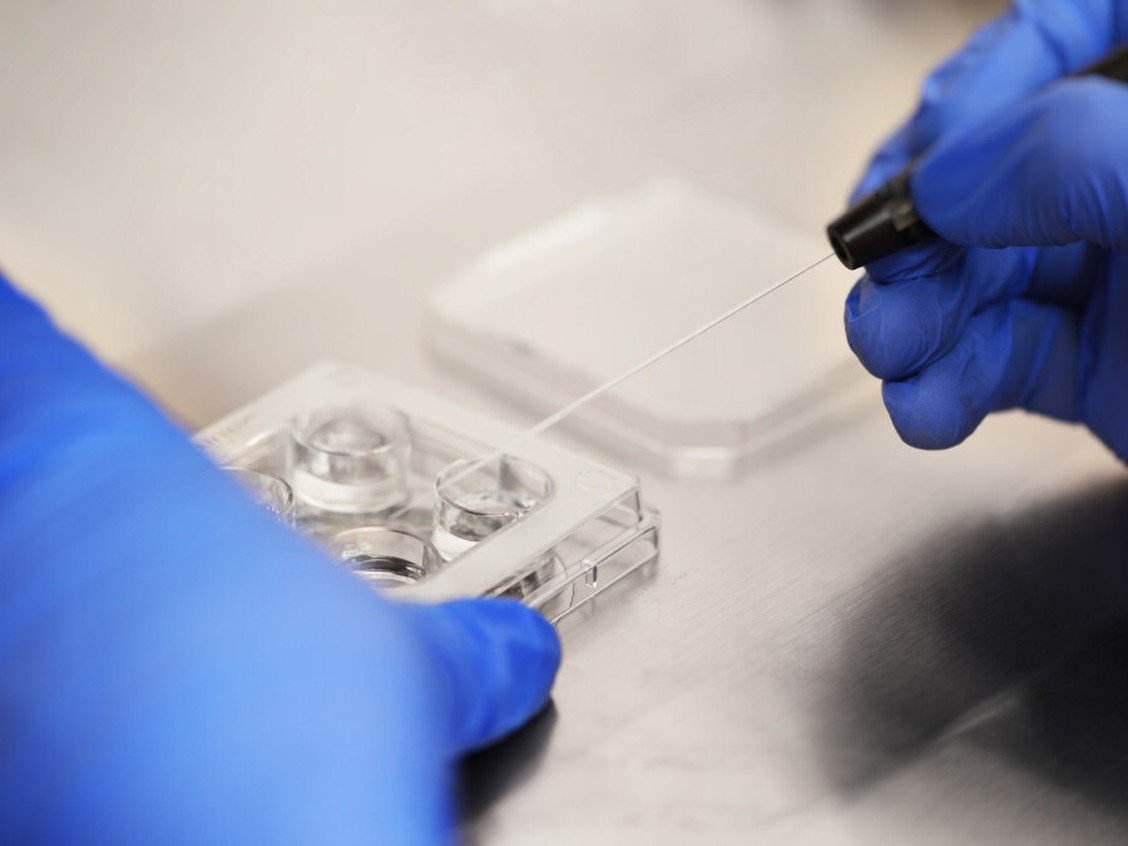Biological Inheritance ... Genetic Survival
"I will never know for sure how many children I have.""It was hard to look my biological daughter in the eye and tell her I wasn’t her dad.""Am I a parent? Maybe sometimes from the child’s perspective? I don’t know.""It’s not for me to say, but it certainly feels like parenting every once in a while."Dylan Stone-Miller, 32, software engineer, sperm donor, Atlanta, Georgia"There are moments when it feels intrusive with Dylan. It’s about us figuring out what boundaries are, as well as him figuring out his boundaries.""I don’t want Harper [her daughter] to feel like she can call him anything. He is not her dad. Period. If she were to say that in front of us, we would straight up say, 'Dylan is not your dad. He will never be your dad. You don’t have a dad. You have a donor'.""We came on the scene when he was going through hard times. Being with the children gave him a renewed sense of purpose.""As we get to know him more, we all feel more comfortable. But my sense is he is going to feel more entitled, which can be problematic. We need to keep enough walls up to protect our girls and our family, but to make them permeable enough that he can come in."Alicia Bowes, mother of toddler born of Stone-Miller's sperm
| Featured Image Credit: @DonorDylan/Instagram |
There is no national limit in the United States on the number of children a sperm donor can father. A limit of 25 children per donor in a population of 800,000 is a guideline offered by the American Society for Reproductive Medicine. Rules are similar in Canada; a maximum of 25 offspring per 800,000 population from a single donor. The difference between Canada and the U.S., however, is that in the U.S. donors are financially compensated.
Under the Assisted Human Reproduction Act, in Canada buying or selling reproductive materials, inclusive of sperm, is illegal. Donors can be compensated for any expenses they may rack up in the process, however. Canada's official position of not paying for sperm is cited as the reason low sperm donations are the norm in Canada; thus the need to buy donated sperm from American sperm banks.
In Canada, the cost of a single IVF cycle can range from $7,000 to over $15,000; with no guarantee of success. Infertility, defined as an inability to conceive after a year, affects roughly eight percent of the population in Canada, according to The Royal Commission for New Reproductive Technology. There are those who argue Canada should legally restrict the number of children born from a single donor.
The obvious reason is genetic concentration which could lead to potential health issues. Critically, the risk of inadvertent incest between biological siblings. Spain and Belgium have a limit of six pregnancies per donor, leading some experts to recommend that Canada follow suit. Limiting the number of children born of a single donor is also linked to privacy of donors' identity protection.
In Atlanta-resident Stone-Miller's case Xytex, the sperm donor company he dealt with was given permission by him for his identity to be revealed to any of his biological children once they reached 18 years of age. Stone-Miller was a college student when he first began donating his sperm in exchange for $100 each visit with sperm bank Xytex. Initially he needed money to pay his lawyer when he was charged with underage consumption of alcohol.
 |
| He has met 25 of his biological children so far. Credit: Instagram/@donordylan |
For the next six years he continued to donate his sperm. At age 32 he decided to leave his job and travel. The purpose was to meet with as many of his 96 biological offspring as might be possible. To the present, he has met 25 of those children. In 2020 he received a Facebook message from one of two mothers to a toddler, one of Stone-Miller's biological children: "I really hope you don't feel violated in any way, but it's Canadian Thanksgiving and I wanted to tell you how grateful my family is to you."
That contact began his journey of discovery and introduction to some of the astounding number of children he had fathered. It was at this time that his marriage dissolved. And he asked Bowes whether he might join a Facebook group she started that was named after his sperm bank ID. It was his donor file details that enabled Bowes to track him down to begin with. He had informed Bowes of his interest in meeting his biological children, mostly American, and 20 parents responded.
To this point he has visited with Bowes and her family twice in Edmonton, seeing her two daughters who are his biological children. He actually maintains a spreadsheet with the names of his biological children along with their birthdays and when he had last seen or spoken with them. His quest to see and know something of his biological children has not been without its complications, with boundaries having to be set reflecting the unusual nature of the situation.
But he planned a road trip for the specific purpose of meeting as many of his 96 biological children as circumstances would allow him to. And he's on his journey of discovery.
 |
Labels: Controversy, Identities, In Vitro Fertilization, Parentage, Sperm Donations

0 Comments:
Post a Comment
<< Home